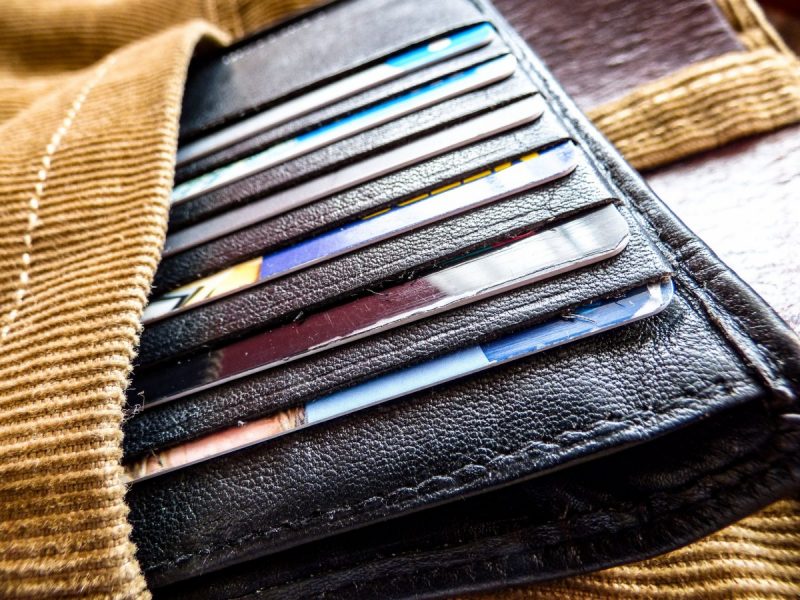Have you found that in the past, it has been unreasonably difficult to use your credit card abroad or even spend when overseas?
The days of carrying cash and making yourself vulnerable to theft do not have to overwhelm you anymore. And waiting in long lines to convert your currencies is a practice long gone.
In the 21st century, it’s possible to use the same credit cards you use at home when you are overseas. But, there are various factors to consider before using credit cards abroad. Read on to learn more.

Acceptance
Widely accepted credit cards include Visas and Mastercards. Consider carrying these credit cards so as not to limit your purchases and transactions overseas. They are applicable worldwide. Research the destination’s accepted credit cards before your travel.
Multiple Credit Cards
At times, your credit card might be declined, so to avoid being stuck with no spending capability, carry more than one credit card as a backup. Consider taking credit cards with rewards for restaurants, transportation, and hotel purposes.
Transaction Fees
In most states, credit cards are applied a charge of approximately 3% on each purchase. Consider the transaction cost rates and at all costs, avoid dynamic currency conversion.
Credit cards also can be applied in the cash-securing process. Consider the upfront fee before using a credit card. It’s also advisable to pay with the local currency instead of the currency of your credit card to avoid extra transaction costs.
Planning
Before your journey, check your credit card agreements and know the transaction fees you’ll incur. This information will help you to apply for a credit card that will not involve any foreign payment.
Travel credit cards are designed to protect you from the costs incurred from lost luggage, trip cancellations, or accidents. Luxury travel credit cards also ease your access to airport luggage.
Understand the Chip and Pin Process
Advanced technology has resulted in EMV chips installed in credit cards. The chip and pin process aims at identity verification before any credit card transaction.
While using your credit card abroad, you are required to insert the chip of your credit card into the payment machine, then provide your PIPN. Remember your pin, and keep it a secret to improve your money’s safety.
Inform Your Credit Card Issuer About Your Travel
Your issuer might decline your credit card after realizing the transactions are being made from miles away from home. The issuer can mistake the operations to be suspicious of another person accessing your account. Ensure to inform the issuer about your travel to avoid any confusion or unnecessary freezing of your account.
Conclusion
Ensure your credit card has no foreign transaction fees and inform your credit card company about your travel. While traveling overseas, only use the local currency to make purchases.
